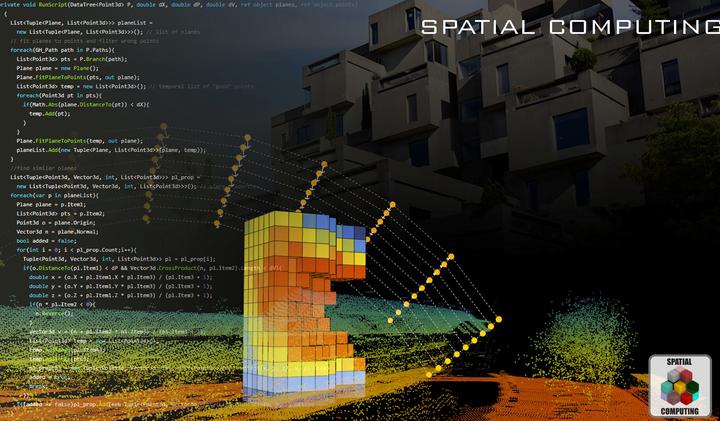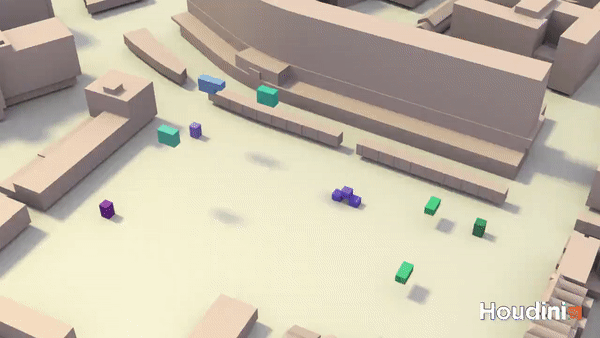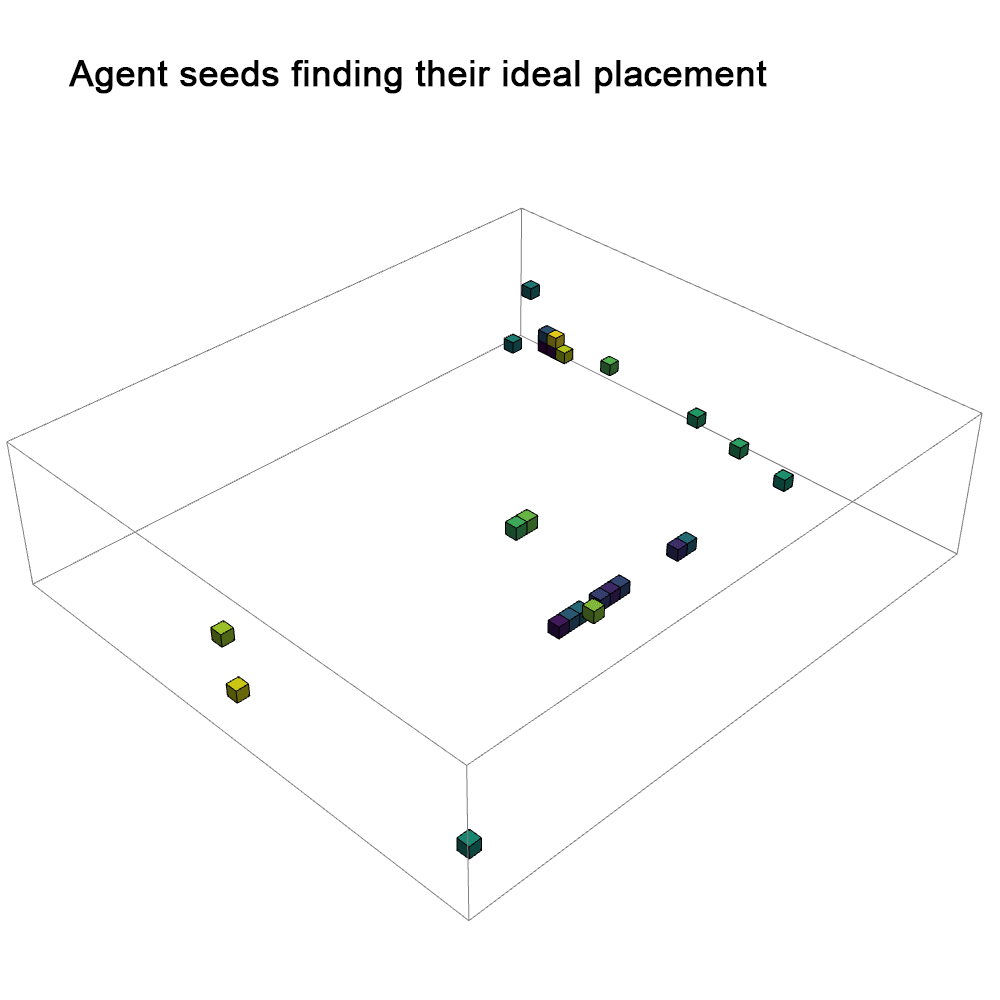Spatial Computing in Architectural Design

Responsible Instructor & Studio Director: Dr.ir. P. Nourian Instructors: Ir.S.Azadi, Dr.ir. P. Nourian, Ir. J.J.J.G. Hoogenboom
For whom?
BSc students from TU Delft: BSc programme of Architecture, Urbanism and Building Sciences, Technology, Policy & Management, Electrical Engineering, Applied Mathematics, Computer Science, Civil Engineering, Industrial Design, Mechanical Engineering, Marine Technology, Aerospace Engineering and Applied Physics.
BSc students from Leiden University and Erasmus University: this minor is open to students from a few specific BSc programmes of Leiden University and Erasmus University. For the exact BSc programmes from Leiden University and Erasmus University with which you can apply for this minor please check Minor website.
BSc students from other Dutch universities & BSc students from HBO: students interested in rational and collaborative approaches to design as well as mathematical/computational [geometric] modelling are encouraged to enrol. Prior knowledge of mathematics and computer science (basic Linear Algebra, Calculus, and Python programming) is appreciated but is not considered a prerequisite; eagerness for learning is more important. Interest in game development would be very relevant and appreciated.



What will you learn?
You will learn to systematically design and underpin the decisions made for designing a complex building project. Specifically:
- to formulate a program of requirements based on the needs of a client;
- to use basic spatial mathematical constructs in architectural design and simulation;
- to perform spatial data visualization using existing software tools or programming;
- to distinguish and identify data modelling, analysis, simulation, evaluation and optimization methods;
- to utilize simulation in architectural design;
- to show by analytic models or simulations how a design is supposed to work;
- to compare design or decision alternatives according to evaluation criteria; and,
- to formulate design problems and draft algorithms for procedural design.

Students' Work-Samples, Spatial Computing 4.0
Students' Work-Samples, Spatial Computing 3.0
The entire projects are open-source and documented in this repository.